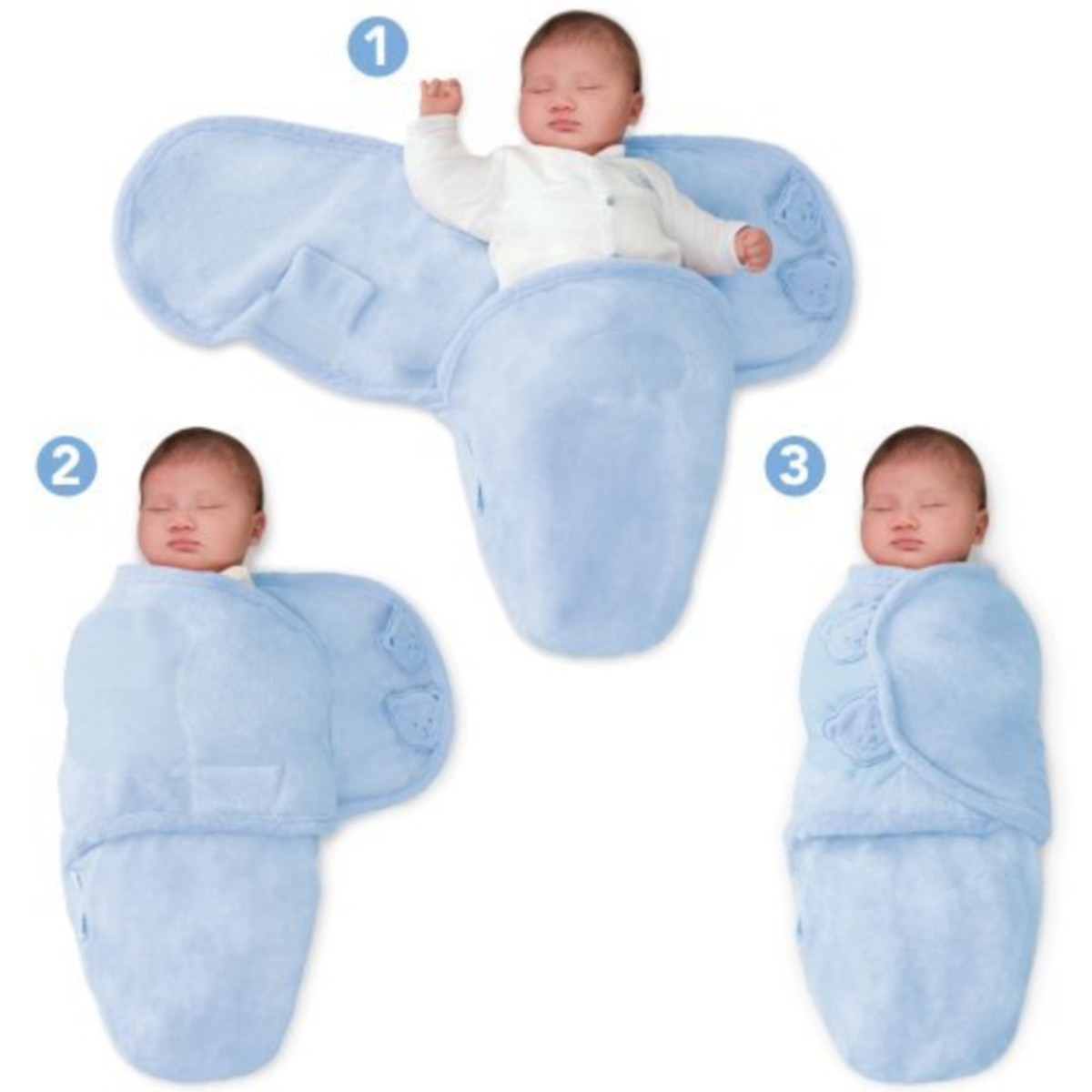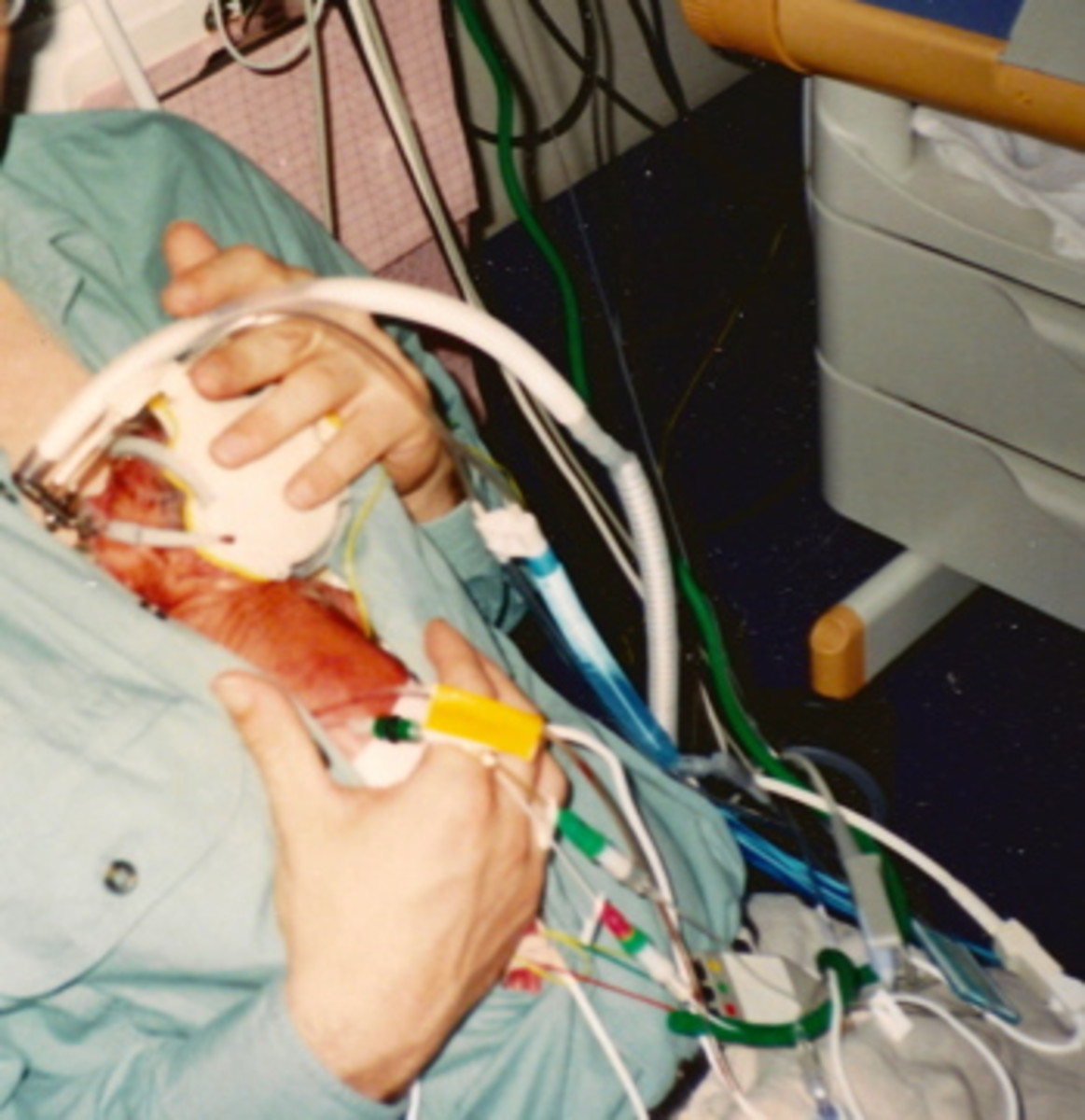Things You Need To Know About Preterm Babies and How to Care for Your Preemie after the Hospital

A baby is considered preterm if they are born before 37 weeks. In most cases, babies born between 34 and 37 weeks may have no complications except for low weight. Those born between 26 and 34 weeks are likely to have a few development issues that can be corrected. Micro preemies born before 26 weeks are considered delicate, high risk and susceptible to health complications.
In 2013 I unexpectedly became a mum, 31 weeks in my first pregnancy, to a beautiful baby girl. The baby was born through caesarian section and weighed about 1400 grams. Before then, I didn’t know much about neonates. In fact I somehow skipped reading any materials on preterm babies. I assumed I would carry my pregnancy to term. To my surprise, early labor set in one evening and I was rushed to theatre the following morning for an emergency caesarian section since the baby was in distress. Over the last two years, I have researched extensively on preterm births and how to take care of preemies.
1. What Causes Preterm Births?
Preterm births are caused by a number of factors that sometimes trigger early labor. In my case, I had large fibroids that kept growing as my pregnancy progressed. These fibroids compete for space in the uterus with the baby and may trigger early labor.
Other common causes of preterm birth include uterine infection, pre-eclampsia, multiple pregnancy, development problems of the foetus, gestational diabetes, placenta abruption, low lying placenta, cervical incompetence, preterm premature rupture of the membranes, antiphospholipid antibody syndrome or problems with the shape of the womb.
2. How to Prepare for Preemies
There is usually hardly any time to prepare for your preterm baby as most are born as an emergency. It is however important to ensure that your birth hospital is well equipped to handle any complications that may arise from the birth process. It should have a neonatal center with qualified staff to care for your newborn.
A competent neonatologist should be on standby to receive your baby and also attend to them during those early days. Your obstetrician should administer at least 2 steroid shots 24 hours apart before the baby is delivered to help mature the lungs.
3. Complications of Preterm Babies
Babies born prematurely may have short term and long term complications that require medication or surgical intervention. Some of the short term complications include difficulty in breathing due to an immature respiratory system, heart problems like patent ductus arteriosus and low blood pressure, bleeding in the brain, temperature control problems that may result in hyperthermia, and gastrointestinal problems resulting from the immature digestive system.
Complications that may develop in the long-term include cerebral palsy, vision problems especially retinopathy of prematurity, dental problems like delayed tooth eruption, umbilical hernia for girls, inguinal hernia for boys and impaired cognitive skills.
4. How to Care for Your Preemie at Home
Neonates are generally delicate and require extra care during early days. While in hospital they are usually under 24 hour observation. The following guidelines may be helpful in ensuring a smooth transition upon discharge from hospital and ultimately the proper growth and development of your preemie.
Maintain High Hygiene Standards
Generally, preemies have a weak immune system and will require and thrive well in an extremely germ free environment. To achieve this, ensure the house is cleaned regularly. Their beddings should be changed frequently and cleaned with mild detergents. All feeding accessories should be cleaned thoroughly and sterilized before use by either steam or liquid sterilizers.
Ensure Good Nutrition
This is the most important aspect of raising a preemie. They need a well-balanced diet to boost their immunity and overall development. For starters, ensure they are exclusively breastfed for the first six months. To achieve exclusive breastfeeding, invest in a breast pump that you will use to express when the baby is not suckling. Schedule feeding times and also monitor the daily intake to ensure your baby is adequately fed. You will need the expressed milk for scheduled feeds or for bottle feeding when your milk supply goes down.
Research confirms that the more you breast feed or express, the more milk your body will produce. However, there are some foods that when taken in moderation can help boost milk production. These include oats, lentils, barleys, green vegetables, hot beverages and drinking lots of water.
Some doctors recommend weaning preemies as early as 4 months though I believe 6 months is still the best time to start weaning. The key again is to ensure you feed the child on a balanced diet which should comprise carbohydrates, plant proteins, animal proteins and fruits and vegetables. Note that different foods should be introduced at different ages.
Some doctors recommend, introducing fruits and vegetables first, then carbohydrates, plant proteins and finally animal protein. Yoghurt with probiotics should be included in the diet to help keep off minor bacterial infections. Wholefoods as opposed to processed foods are preferred as first foods to ensure the baby gets phytonutrients necessary for building a strong immune system.
Keep Your Preemie Warm
Premature babies usually experience temperature control problems. There are two main reasons why you should keep your preemie warm; to protect them from opportunistic infections like chest congestion, common cold and pneumonia, and to help them gain weight faster. When exposed to a cold environment, they use up there stored energy in an effort to keep warm. This is likely to lead to weight loss.
Retain Your Preemie in a Controlled Environment
Preemies take time to build a strong immune system. It is recommended that they stay in a controlled environment during the first 6 months. Limiting the number of people interacting with your preemie will ensure they are not exposed to an environment that may compromise their immunity further. For starters, you can have only the parent(s) and caregivers as the only contact people.
Vaccinate Your Preemie
There is a raging debate on whether or not to vaccinate infants. From my experience, I would say consider vaccinating your preemie especially against viral diseases that have side effects. The benefits of vaccinating infants outweigh the disadvantages. It is better to vaccinate and prevent the deadly side effects of viral diseases than regret when it is too late to correct any complications.
Raising a preemie is a challenging task that requires dedication from both parent(s) and caregivers. Although preemies may require close monitoring in their early days, they eventually correct development lapses as the years go by. Most actually correct at 12 months and grow up as normal children.









